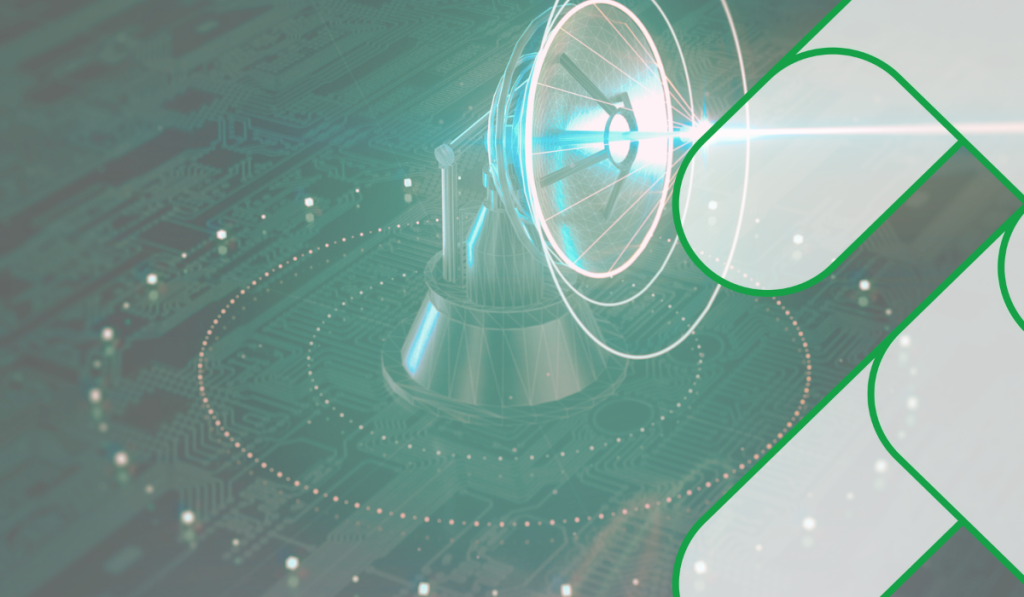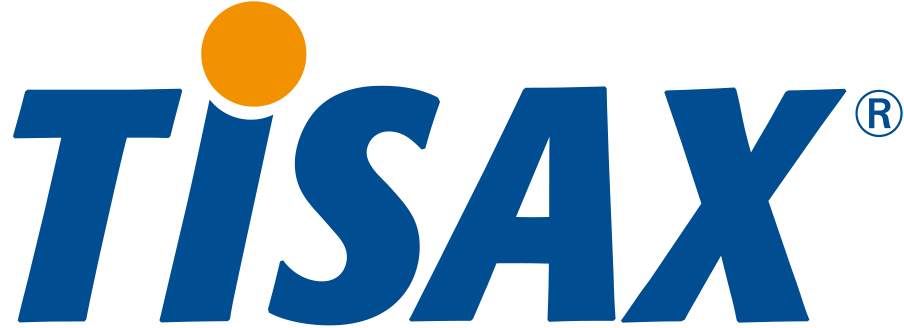The versatility of AI-powered chatbots allows them to serve various situations across multiple industries, revolutionizing how businesses interact with their customers and streamline their operations. Here’s a closer look at how different sectors leverage chatbots to enhance customer experience, improve efficiency, and drive growth.
Retail & E-commerce
In the highly competitive retail and e-commerce landscape, chatbots are transforming the shopping experience. They assist customers with product searches, provide detailed product information, and help with the checkout process. Chatbots also handle returns and exchanges, making the post-purchase experience smoother for customers. Moreover, chatbots increase sales and improve customer engagement through personalized recommendations based on browsing and purchase history.
Fintech
The fintech industry leverages chatbots for instant customer service and support. Chatbots assist customers with account inquiries, balance checks, and transaction queries. They also play a crucial role in the application process for loans or credit cards, guiding customers through steps and requirements. Furthermore, chatbots in fintech are enhancing security and fraud prevention by quickly identifying and addressing suspicious account activities.
Supply Chain & Logistics
Efficiency and timely updates are crucial in the supply chain and logistics sector. Chatbots are being used to provide real-time shipment tracking, delivery updates, and inventory management. They facilitate smoother communication between suppliers, logistics providers, and customers, ensuring that all parties are informed about the status of shipments and inventory levels.
Delivery Services
In delivery services, customer support chatbots offer real-time order tracking and delivery status updates and assist with issues like address changes or delivery rescheduling. This immediate access to information improves customer satisfaction and reduces the workload on customer service teams.
Manufacturing
Chatbots in manufacturing are improving customer service and operational efficiency. They assist with product inquiries, support warranty claims, and help customers order spare parts. Chatbots are also used internally for equipment troubleshooting, maintenance scheduling, and streamlining supply chain communication.
Healthcare
The healthcare sector uses chatbots for everything from scheduling appointments and medication reminders to symptom checking and providing general health information. These chatbots improve patient engagement, reduce administrative burdens, and provide support outside of traditional office hours, enhancing the overall patient care experience.
Education
In education, chatbots assist with course registration, provide information on programs, and answer student queries. They offer personalized learning support and tutoring, helping students with study materials and exercises based on their learning pace and style.
Hospitality & Travel
Chatbots in the hospitality and travel industry enhance customer service by assisting with bookings, providing travel information, and answering FAQs about accommodations or destinations. They offer personalized recommendations for activities and dining, improving the guest experience and driving additional revenue.








